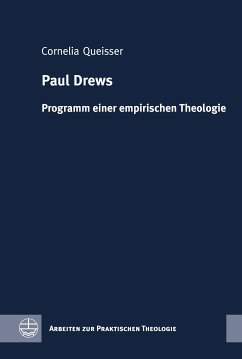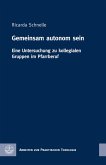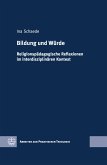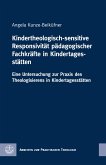In dieser forschungsgeschichtlichen Dissertation wird das theologische Anliegen des protestantischen Theologen Paul Drews (1858-1912) verhandelt, welches sich in seinem Kern darauf beläuft, für die praktische Theologie ein empirisches Paradigma geltend zu machen. Das von Drews hierfür eigens entwickelte empirische Instrumentarium – Die Religiöse Volkskunde, die Religiöse Psychologie und die Evangelische Kirchenkunde – wird im Rahmen der Untersuchungen aufgearbeitet. Dabei ist das theologische Anliegen, das sich aus Drews’ Wahrnehmung der sozialen Frage seiner Zeit ergibt, kulturhermeneutisch motiviert. Die empirische Theologie vom Typ Drews' läutet somit eine »erste empirische Wendung« in der praktischen Theologie um 1900 ein. [Paul Drews. Programme of an empirical theology] This research-history dissertation deals with the theological concern of the protestant theologian Paul Drews (1858-1912). In its substance his request is about to claim an empirical paradigm for the practical theology. For his approach Drews developed a special empirical tool, to be specific "Religiöse Volkskunde", "Religiöse Psychologie", and "Evangelische Kirchenkunde". These tools are reprocessed in the course of the analysis. The theological request must be considered as cultural hermeneutic motivated, because from Drew’s point of view it is connected to "soziale Frage" during his time. The empirical theology of the type Drews’ is the beginning of a so called “first empirical turn” in terms of practical theology at the turn of the 19th century.








